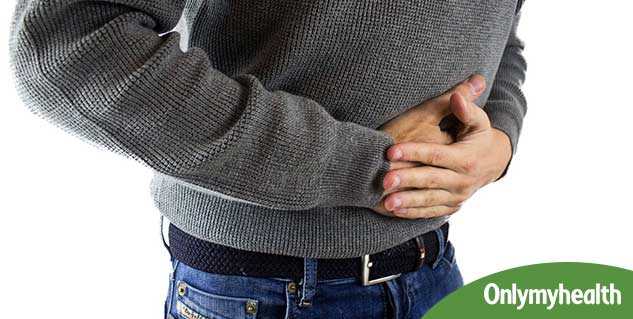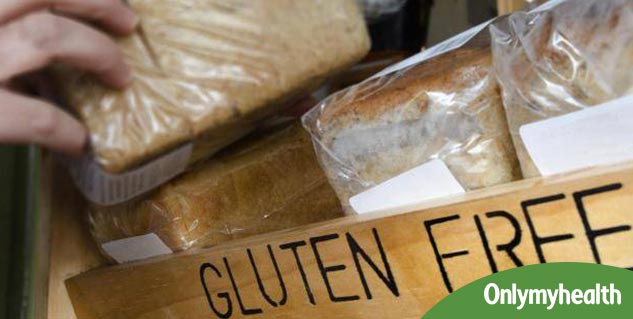Feeling bloated, discomforted, anguished with pain in the stomach, full of gas, acidity, and sometimes even the need to vomit- do these things happen to you after eating a meal? If we could give one name to all these symptoms, it would be indigestion. And, this is exactly the cause behind experiencing stomach pain after eating.
Your stomach is an integral part of your gastrointestinal system and is responsible for digesting food. If you suffer from stomach pain right after eating, it is an indication that something is wrong with your stomach.
Mild or severe stomach pain should never be ignored and should be treated based on what has caused it. It is always wise to know what could be causing your problem so that you can take an informed action if the necessity arises. Here are some causes of stomach pain soon after eating.
Stomach Flu
Medically known as gastroenteritis, stomach flu is one of the most common causes of abdominal pain after eating. It happens when the viruses attack your gastrointestinal tract, causing diarrhoea, stomach pain, vomiting and nausea.
Stomach flu can cause your stomach to ache within four hours of consuming food. However, you can prevent it by keeping the virus from entering your body. You just have to embrace certain hygiene habits like washing hands before eating and discarding food that you suspect to be contaminated.

Top Stories
Lactose Intolerance
Dairy products contain a type of sugar known as lactose. Some people are lactose intolerant, meaning their body lacks the enzyme lactase which is responsible for sugar digestion. If these people consume food products made of dairy, they may experience bloating, gas and severe pain in the stomach.
If you are lactose intolerant, avoid consuming any dairy products. This will save you the stomach pain that you experience after eating lactose-rich foods.
Stomach Ulcer
Sometimes, small erosions called ulcers occur in the soft lining of the intestines. Eating can hurt when you have stomach ulcers; consuming acidic foods or drinks may especially be extremely discomforting and full of pain. The acidity in food aggravates stomach ulcer, causing inflammation and pain. Ask your doctor for antibiotics as a treatment method.
Celiac Disease
When gluten affects the immune system, you end up suffering from celiac disease. Gluten is a protein that is present in barley, rye, malt, durum, bulgur, farina, graham flour, semolina and wheat.
When you are intolerant to gluten, eating such foods can trigger an immune response which will in turn cause inflammation in the lining of the small intestine. All this leads to stomach pain and bloating.
People with celiac disease should have a gluten-free diet. They must completely avoid all drinks and foods that contain gluten and eat fresh meats, fruits, potatoes, vegetables, distilled liquors and wine.

Food Poisoning
When you get affected by harmful microorganisms or toxins through infectious foods or drinks, it results in food poisoning. Symptoms of food poisoning start about 2-4 hours after consuming the beverage or food. There are some cases of food poisoning in which the symptoms develop after two days.
To get rid of toxins from your body, you must drink plenty of fluids and take ample rest. Also, avoid eating raw or undercooked food and at unclean places.
Some other conditions like gallstones and heartburn can cause your stomach to ache after you eat food. See a doctor if the pain is severe so much as to make sitting difficult. If the pain comes with bloody stool, vomiting, yellowish skin, severe tenderness and persistent stool, you should immediately seek medical care.
Read more articles on Healthy Eating.
